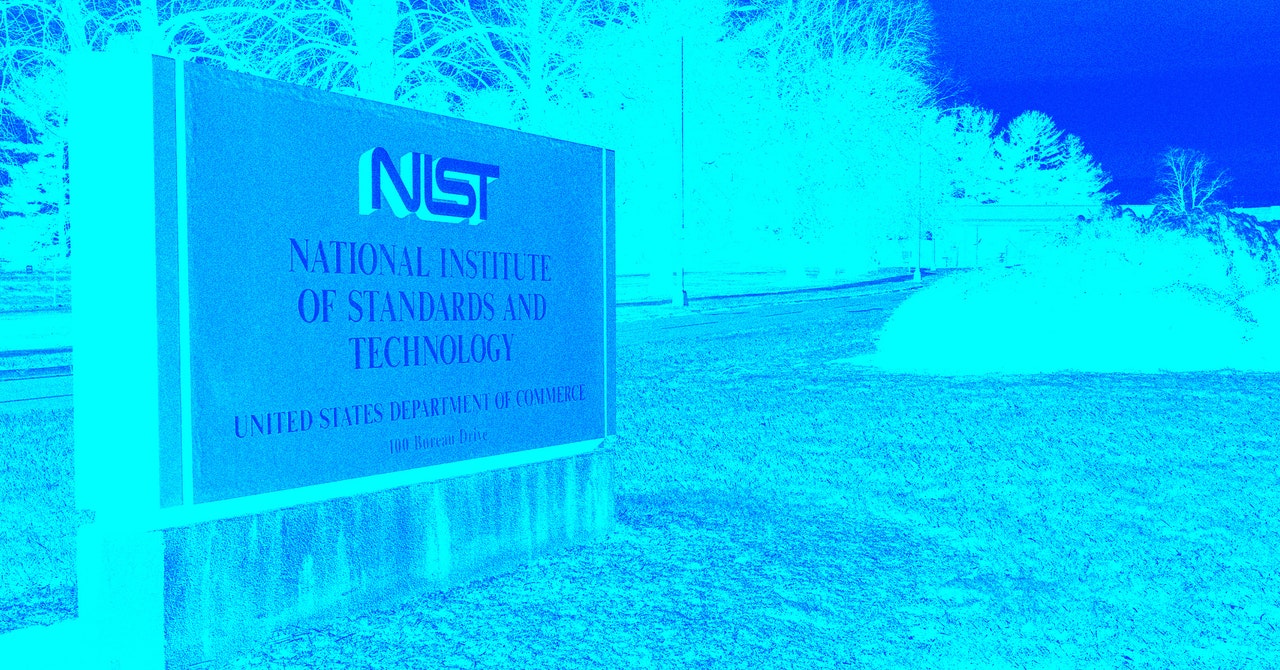Over the past decade, encrypted communications for billions have become a norm. Every day, signal, iMessage and whatsapp messages, photos, videos, and contacts them using default end-to-end encryption-while magnifying, disagreement and various services have all other options to activate. But despite the rise of the mainstream of the technology, long -standing threats to undermine encryption continues.
Over the past few months, government efforts and law enforcement have increased, which effectively weakens encryption, defenders and privacy experts, although some of the emerging threats are the most and most aggressive people in the recent memory. British, French, and Swedish officials have made all moves since the beginning of 2025 that can undermine or eliminate end -to -end encryption support, adding to an EU multi -year union program to scan private chats and Indian efforts that can harm encryption.
The latest encryption attacks come as intelligence agencies and law enforcement officials in the United States have recently lagged behind anti -encryption attitudes and now recommend that people use encrypted communication systems at any time. The sharp change of attitude following the widespread violation of the Hacker Salt Typhoon Group group was one of the most important US communications communications, while Trump’s second government increases the potential oversight of millions of immigrants living in the United States. At the same time, the government is very narrowed in international agreements and international ammunition.
“This is a dark process,” says Carmela Taroncoso, a longtime scholar of privacy and encryption and scientific director at the Max-Planck Privacy and Privacy Institute in Germany. “We see that these new policies as mushrooms are trying to undermine encryption.”
The end-to-end encryption is designed by just that only the sender and the recipient of the messages have access to their content-government, technical companies and telecommunications providers cannot handle what people say. These privacy and security guarantees have made decades of encryption as a goal for law enforcement and governments, as officials claim that it is very difficult to investigate urgent threats such as material sexual abuse and terrorism.
As a result, governments around the world often provide technical mechanisms to bypass encryption and provide access to messages for research. However, cryptars and technicians have repeatedly warned that any support created to access encrypted communications at the end can be exploited by hackers or authoritarian governments and endangers the safety of everyone. In addition, criminals are likely to find ways to continue using self -made encryption tools to hide their messages, which means that support in the main products will succeed in undermining people’s support without destroying it by bad actors.
Extensively, recent threats to encryption have come up in three forms, saying Namrata Mahashwari, Code Policy Currently in international non -profit access. First, there are cases where governments or law enforcement agencies request to be converted to encrypted operating systems to obtain “legal access” to content. For example, in late February, Apple launched its ICLUD encrypted backup system called Advanced Protection Protection Data from the UK after the lawmakers hit CUPERTINO, with the secret order Apple demanded access to encrypted files. To do this, Apple had to create a back. The order, criticized by the Trump administration, is due to challenge the secret court on March 14.





